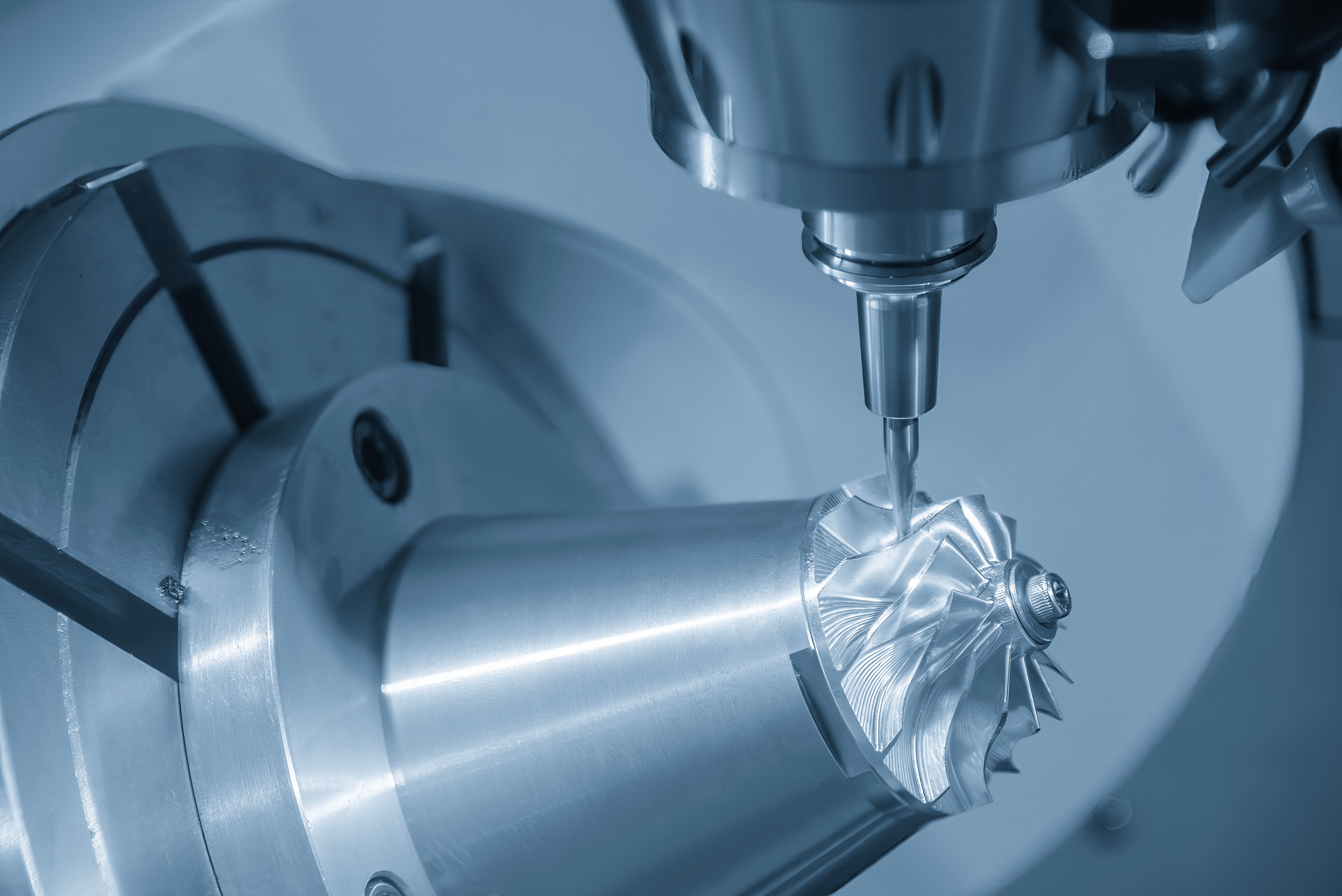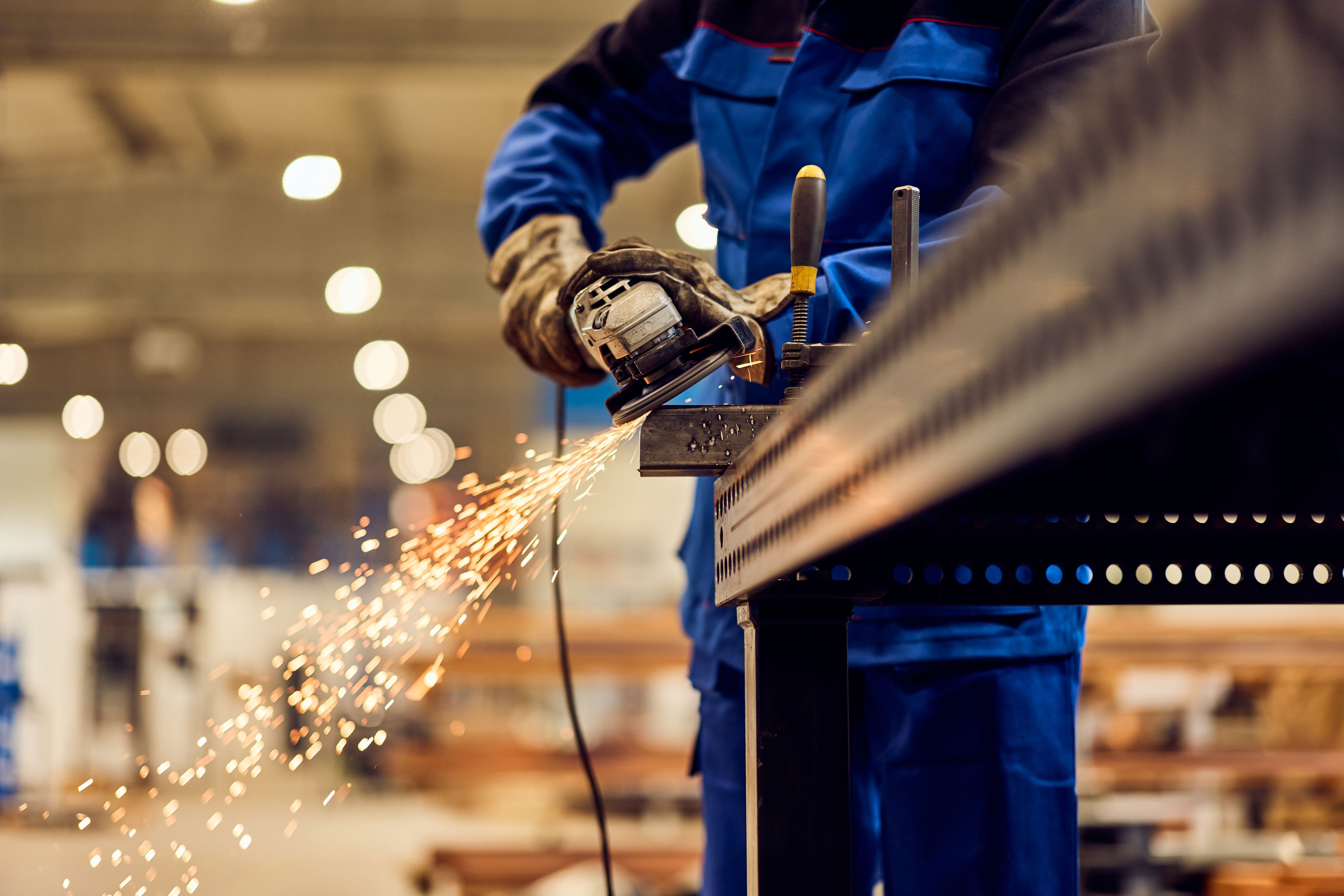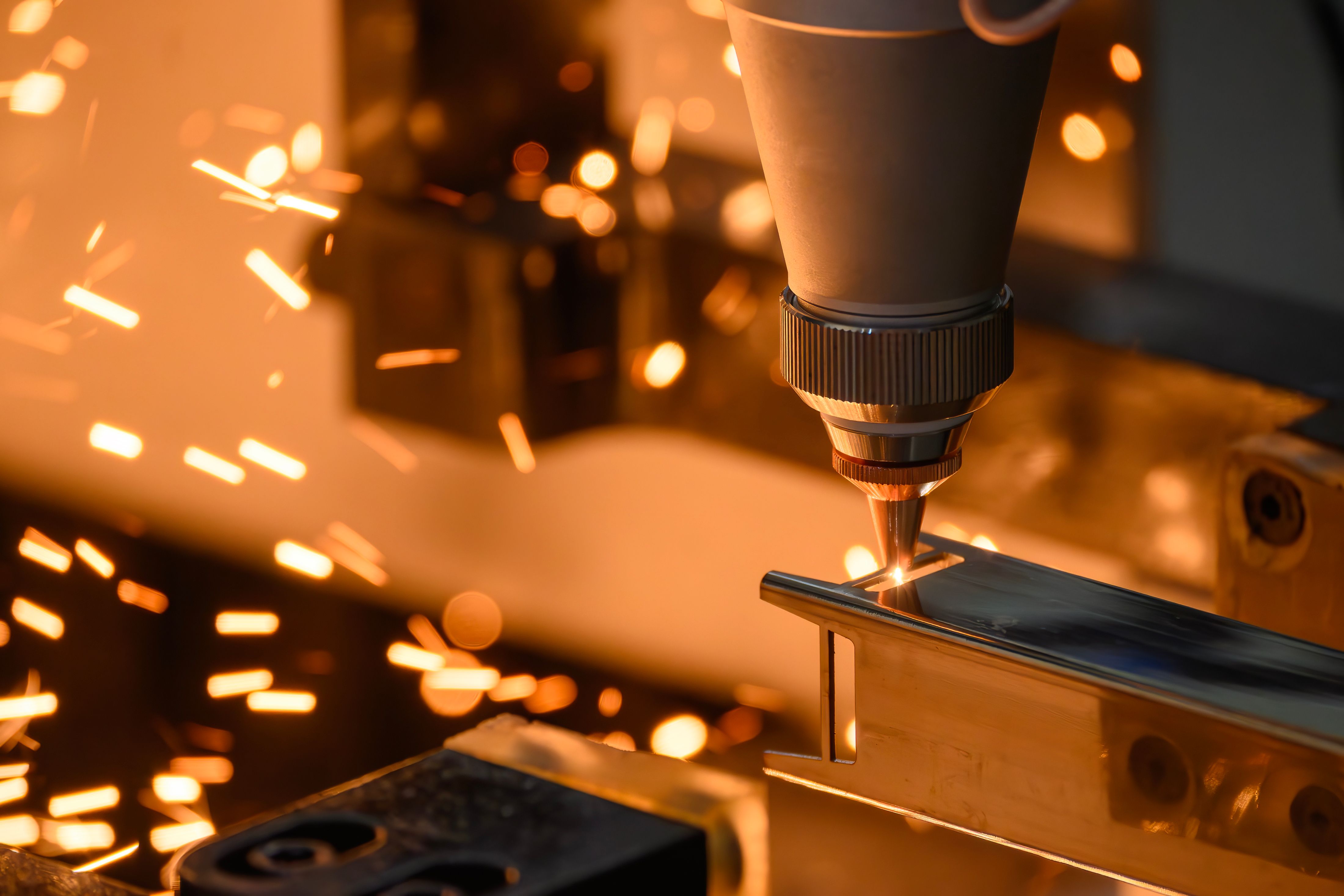Choosing the Right Metal Cutting Tools for Your Project
Understanding Your Project Needs
When embarking on a metalworking project, selecting the right cutting tools is crucial to achieving precision and efficiency. Whether you're working on a DIY project or an industrial application, understanding the specific needs of your project is the first step. Consider the type of metal you are working with, the complexity of the cuts, and the desired finish.
Different metals have varying hardness and properties, requiring specialized tools for optimal cutting. For instance, softer metals like aluminum may be easier to cut with general-purpose tools, while harder metals such as stainless steel demand more robust equipment. Assessing these factors will guide you in selecting the most suitable tools.

Types of Metal Cutting Tools
Manual Cutting Tools
Manual cutting tools are ideal for small-scale projects and simple cuts. These include hacksaws, tin snips, and hand shears. They are affordable and easy to use, making them perfect for hobbyists and small workshops. However, they require physical effort and may not be suitable for thicker or harder metals.
Power Tools
For more demanding tasks, power tools offer greater efficiency and precision. Options such as angle grinders, circular saws, and jigsaws are popular choices. These tools significantly reduce manual labor and can handle a wide range of metal thicknesses and types. It's essential to match the tool's capabilities with your project's requirements to achieve the best results.

Advanced Cutting Solutions
CNC Machines
If your project involves intricate designs or requires high precision, CNC (Computer Numerical Control) machines could be the perfect solution. These machines are programmed to follow specific patterns and can produce consistent results with minimal human intervention. They are ideal for mass production and complex metalwork projects.
Laser Cutters
Laser cutting is another advanced method that offers exceptional accuracy and a clean finish. This technique uses a focused laser beam to cut through metal with precision. Laser cutters are excellent for detailed work and can handle a variety of metal types. However, they require a significant upfront investment and specialized training.

Considerations for Tool Selection
When choosing metal cutting tools, consider factors such as budget, project scale, and required precision. For smaller projects or limited budgets, manual or basic power tools might suffice. For larger or more complex tasks, investing in advanced equipment could save time and improve quality.
It's also essential to think about the long-term use of the tools. If you plan to undertake multiple projects in the future, investing in high-quality tools that offer durability and versatility may be more cost-effective than opting for cheaper alternatives that might need frequent replacement.
Safety First
No matter which metal cutting tools you choose, safety should always be a priority. Ensure you have the proper protective gear, including gloves, goggles, and ear protection. Follow manufacturer instructions and maintain your tools regularly to ensure they operate safely and efficiently.

In conclusion, choosing the right metal cutting tools involves careful consideration of your project's specific requirements. By understanding your needs and evaluating available options, you can select the best tools to achieve precision, efficiency, and safety in your metalworking endeavors.